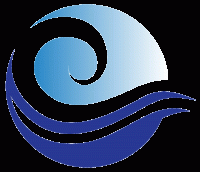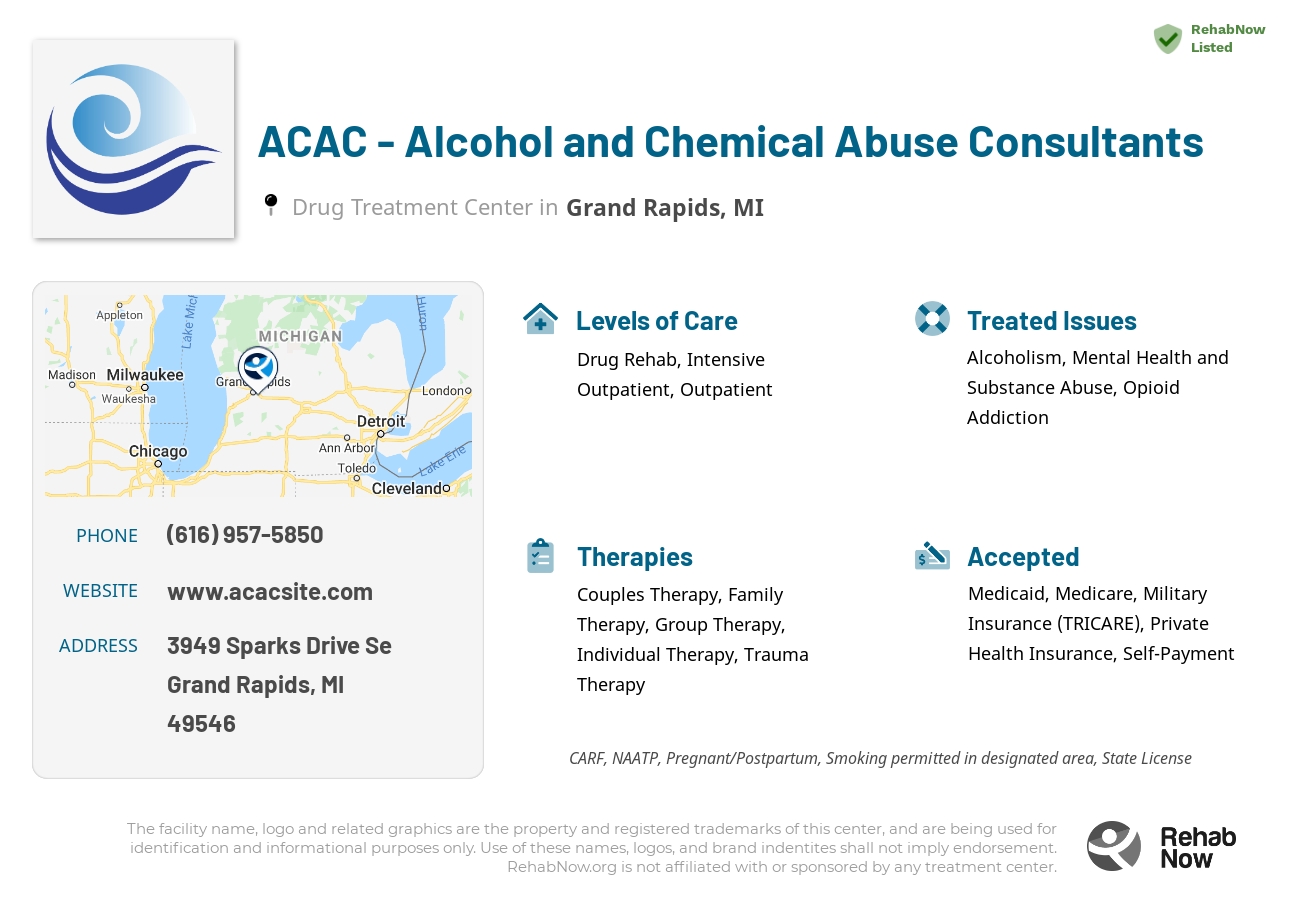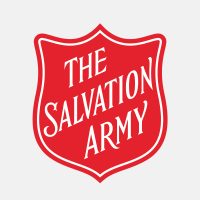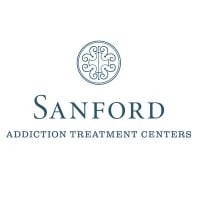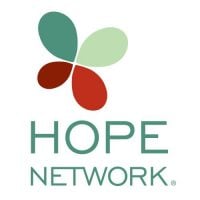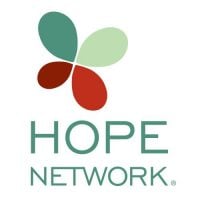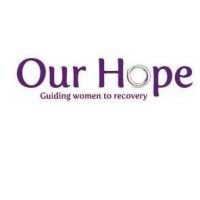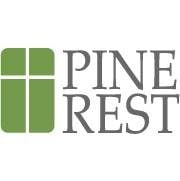ACAC - Alcohol and Chemical Abuse Consultants
Drug Rehab Center in Grand Rapids, Michigan
ACAC is a private addiction and behavioral health treatment center in Grand Rapids, Michigan that offers holistic, evidence-based, integrated clinical and non-medical services for individuals suffering from addiction and mental health-related issues.
About ACAC - Alcohol and Chemical Abuse Consultants in Michigan
ACAC - Alcohol and Chemical Abuse Consultants in Grand Rapids, Michigan is a private addiction and behavioral health treatment center providing compassionate and effective substance abuse treatment to individuals, families, and communities. ACAC offers holistic, evidence-based, integrated clinical and non-medical services to individuals suffering from addiction and mental health-related issues. They provide residential and outpatient programs, including individual, family and group therapy, medication-assisted treatment, medication monitoring, spiritual and recreational activities, and intensive case management services.
At ACAC, their treatment includes empowering patients to identify their own emotional and behavioral triggers, develop effective coping skills, and increase their self-awareness. Their team of professionals are dedicated to providing effective and comprehensive treatment services, incorporating evidence-based practices, medication management, and 12-step facilitation. Their goal is to assist individuals in achieving and sustaining long-term recovery from the effects of substance abuse and mental health issues.
ACAC is accredited by the Joint Commission, licensed by the Michigan Department of Health and Human Services, and recognized as a partner in the Substance Abuse and Mental Health Services Administration (SAMHSA) Provider Network. ACAC also offers specialized programs such as the ASPIRE program, which is designed to help individuals build resilience in the face of life's challenges. Other programs include AfterCare, which helps individuals transition to the community; the Veteran's Program, which provides specialized services for veterans; and Eating Disorder Treatment, which focuses on recovery from an eating disorder.
Genders
Ages
Modality
Additional
Conditions and Issues Treated
Opioid addiction has become a significant health problem in the United States. In 2015, there were 91 opioid overdose-related deaths per day, with a substantial increase in mortality rate in 2014.
When opioid addiction has reached a point where a person’s life becomes unmanageable, treatment options are available to help them get sober. Treatment that includes medical care with medications and counseling can help a user transition into sobriety.
Levels of Care Offered
This center offers a variety of custom treatment tailored to individual recovery. Currently available are Drug Rehab, Intensive Outpatient, Outpatient, with additional therapies available as listed below.
The Intensive Outpatient Program offered by ACAC - Alcohol and Chemical Abuse Consultants is designed for those who need intensive care but would rather get it in the comfort of their own home. The treatment programs vary in duration and intensity and can be tailored to suit the patient’s needs. The program includes regular visits to the facility, though the overnight stay is not needed. IOP is suitable for patients who have been treated in residential treatment programs and are in the transition phase. It helps the patient live at home and discharge some work or school responsibilities even while undergoing treatment. The patients gradually get back to their routine life with the support of a friend or family member.
Outpatient treatment is often used for drug addicts in drug rehab. Outpatient treatment consists of counseling and therapy sessions. This form of treatment is also called ‘day-treatment’. The outpatient treatment process begins with the addict’s initial detox period, lasting about ten days.
Outpatient treatment is used for those who are at moderate risk for ‘slipping back’ into the addiction, for those who:
- Are not currently experiencing any side effects from withdrawal and can handle social pressure
- Can handle stressors that might trigger relapse
- Have a stable living environment or have moved out of their previous environment, which was not conducive to being sober
- Have a support system that allows them to go to a facility a few times a week while still keeping their current responsibilities
- Have no legal obligations, being either on parole or probation, that require them to seek treatment at a mandatory facility
- Are not currently experiencing any side effects from withdrawal and can handle social pressure
- Have a stable living environment or have moved out of their previous environment, which was not conducive to being sober
Therapies & Programs
Because no single treatment is effective for all addicts, the goal of treatment and therapy should be to figure out what works best for each individual. Tolerance and withdrawal levels differ from person to person, affecting the treatment intensity required. Addiction treatment should aim to help addicts develop healthy coping mechanisms for dealing with their addiction and its underlying causes.
Couples therapy works with clients and significant others in a professional capacity to improve relationship dynamics. This can be helpful for addicts who are trying to marry the idea of recovery into their work, family, social lives – any aspect that has to do with relationships. Through counseling sessions, addicts will have an opportunity to talk about their addiction with professional partners.
Family therapy is beneficial for people who are in addiction treatment services because it offers addicts the opportunity to work with their family members to better understand what led them to make choices that contributed to their addiction.
This type of therapy helps family members reach a deeper understanding of how they can best support their loved one during recovery. It also helps the addict better understand their own motivations and triggers that led them to turn to substance abuse.
Family therapy can help addicts in the following ways:
- Assists family members in processing difficult feelings so they don’t blame or resent recovering addicts
- Assists family members in understanding how addiction has impacted the addict and everyone who is involved with them
- Allows the addict to take responsibility for their actions, while encouraging improved communication skills
- Helps family members understand how to best support an individual in recovery so addicts don’t relapse again.
Group therapy can help build a stronger support system and give addicts in Grand Rapids, MI insight into their addiction that they gain through shared conversations. Group therapy occurs in a controlled group environment, exclusive of one on one meetings. This makes it safer for patients to feel comfortable sharing the struggles they’re going through and gaining perspective.
Trauma therapy is beneficial for people who are recovering from drug addiction because it helps them heal from past traumas that may have caused them to turn to harmful substances or led them to experience negative emotions that contributed to their destructive behaviors.
This type of treatment works by processing difficult experiences so individuals can learn how to process these events without having to turn to substances for coping.
Trauma therapy can help addicts in the following ways:
- Helps individuals understand their experiences and emotional responses to difficult events, including why they turned to drugs or alcohol
- Provides them with comfort and support while working through difficult emotions related to these traumatic experiences
- Offers an opportunity for addicts to have a voice and be heard, which can improve their self-esteem
- Can help them develop coping skills so they can better respond to triggers instead of turning to substance abuse.
Cognitive-behavioral therapy is a technique that is used to help people with addiction. Specifically, it is a way of identifying thoughts and behaviors that cause the addiction. It is typically used in an individual counseling session.
The content explains cognitive behavioral therapy and how it works to address some behaviors that may be leading to unintended consequences in their life, as well as its benefits for those seeking sobriety.
It works by helping people to talk through their issues and addressing the thoughts that cause said behaviors. It is an excellent way of learning about oneself and one’s perception of the world.
Payment Options Accepted
For specific insurance or payment methods please contact us.
Is your insurance accepted?
Ask an expert, call (888) 674-0062
Additional Details
Specifics, location, and helpful extra information.
Grand Rapids, Michigan 49546 Phone Number(616) 957-5850 Meta DetailsUpdated November 25, 2023
Staff Verified
ACAC - Alcohol and Chemical Abuse Consultants Patient Reviews
There are no reviews yet. Be the first one to write one.
Grand Rapids, Michigan Addiction Information
Michigan has the second-highest rate of drug and alcohol abuse in the nation. Heroin is linked to more than 50% of the state's hepatitis C cases. Marijuana is the drug most often associated with crimes in Michigan, followed by methamphetamines. Opioids alone are responsible for almost 20% of all drug overdose deaths in Michigan.
In 2012, there were 97 drug-related deaths in Grand Rapids, Michigan. There are 9,518 hospitalizations due to drug abuse that same year. The most common drugs of abuse are heroin, marijuana, and prescription drugs. There are many different types of drug addiction, and each one requires a specific approach to treatment. The goal of treatment is to help the individual overcome their addiction and learn how to live a sober life.
Treatment in Nearby Cities
- Dearborn Heights, MI (123.5 mi.)
- Saint Ignace, MI (208.8 mi.)
- Fraser, MI (135.7 mi.)
- Harper Woods, MI (138.6 mi.)
- Lincoln, MI (163.0 mi.)
Centers near ACAC - Alcohol and Chemical Abuse Consultants
The facility name, logo and brand are the property and registered trademarks of ACAC - Alcohol and Chemical Abuse Consultants, and are being used for identification and informational purposes only. Use of these names, logos and brands shall not imply endorsement. RehabNow.org is not affiliated with or sponsored by ACAC - Alcohol and Chemical Abuse Consultants.
